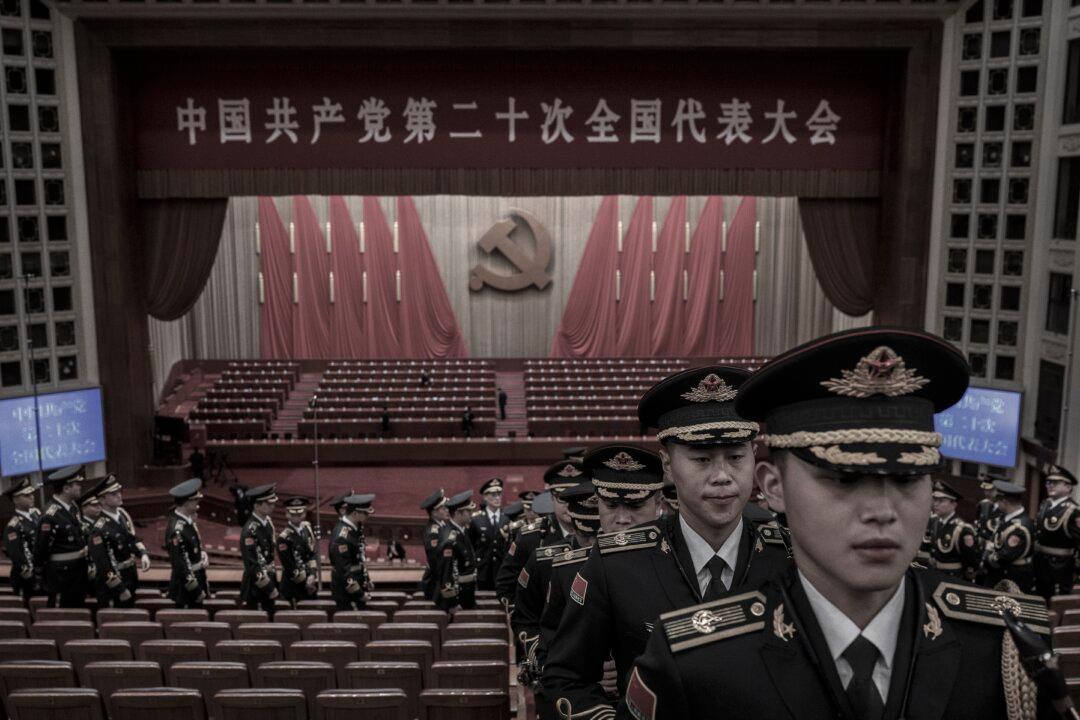The recent removal of the top two commanders overseeing China’s nuclear arsenal reveals serious fractures in Chinese leader Xi Jinping’s regime and will harm its military modernization, according to analysts.
Last week, Gen. Li Yuchao, commander of the People’s Liberation Army (PLA) Rocket Force, and political commissar Xu Zhongbo, the branch’s second in command, were purged from their posts after having disappeared from public view for months. The reason for their dismissal and their current whereabouts are unknown.





